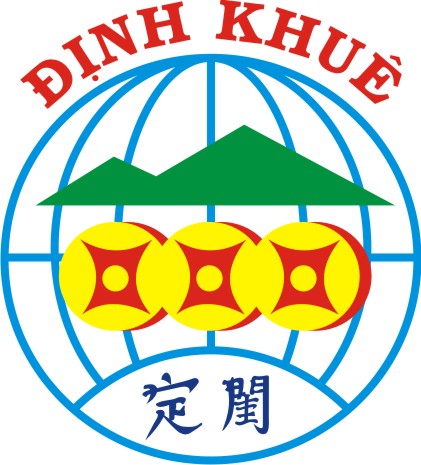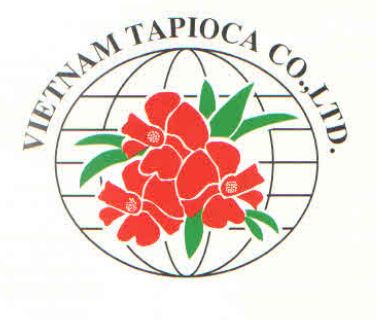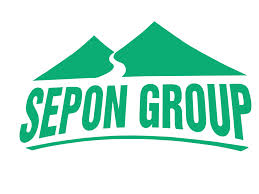Workshop on status and development direction for Ethanol sector in Vietnam dated 14.11.2014
Leaders of Vietnam Cassava Association attended the workshop on the status and development direction for Ethanol Sector in Vietnam held in Hanoi Sofitel Plaza Hotel by Vietnam Biofuels Association.
Contents of the workshop:
a - Reality of Ethanol sector:
(1) Currently, there are seven Ethanol plants with a total investment of over 500 million U.S Dollar, with a designed capacity of 600,000 m3 per year, concentrated mainly in Central - Central Highlands and South Vietnam. At this time, only 4/7 plants capable of producing E100. If there are four plants operating with 80% of designed capacity, the local market will be provided about 320,000 M3 of E100 per year, that is enough to balance the needs of E5 - E10 gasoline under the Government policy.
(2) Most of the large-capacity plant that newly built are using cassava (dried or fresh) as raw materials for Ethanol production.
(3) The equipment of the plant was built after 2007, are invested 100% of new equipment, originating in Asia and the G7. Their automation level is over 85%.
b - Advantages and disadvantages:
●Advantage:
(1) Development of renewable energy to replace fossil fuels (oil, coal) is the inevitable trend of the contemporary world. The government has issued a policy to implement this strategy, aims: energy security, environmental protection, agriculture and rural development.
(2) The Government has issued a schedule of using E5 gasoline for some provinces and cities from 01.12.2014 and from 01.12.2015 in the whole country.
(3) As an agricultural country with a stable source of raw materials, along with mechanisms and policies to encourage the development and can be considered as the sector "agricultural raw materials processing into high–valued products" will be a great advantage for Ethanol production.
(4) The world gasoline price always tends to rise, while agricultural prices always tend to decline.
(5) This product is familiar to the environment.
●Disadvantages:
(1) Raw material prices are too high due to competition with cassava exports to China, higher depreciation and the high capital costs of the Vietnam plants. Thus, E100 is hard to export to foreign countries, while the consumption in local market has not yet increased in demand.
(2) The high capital cost.
(3) Lack of capital for purchasing raw materials for the production, such as cassava after harvest. Therefore, the proportion of purchased raw materials for production with good prices is lower than the proportion of purchased raw material with high prices, leading to the annual average price of raw materials is higher.
(4) The new regulation requires strictly the wastewater discharge standards for the plants.
(5) The consumption in local market is not good: Biofuels market development is slower than expected launch, that should not encourage the Ethanol Vietnam’s output more efficiently. While the cost of producing ethanol in Vietnam can not compete with the US and Brazil, it is difficult to export, thereby paralyzing the operation of the Ethanol plants.
c - The solution to overcome difficulties for sustainable development:
(1) Setting up the stable material.
(2) Diversification of raw materials for production of alcohol, reducing dependency on cassava, in order to take advantage of the raw material: corn and sweet potato as the raw material when their prices are suitable.
(3) Improvement of procurement of raw materials to avoid competing in purchasing and sale. Co-ordination with the Association such as cassava association, Feed for livestock association, the largest cassava exporter in Vietnam, in order to find appropriate methods to adjust the purchase price of cassava that has guaranteed reasonable income for the cassava growers and to ensure that manufacturers maintain stable production.
(4) Developing Ethanol consumption market sustainably with high-added value.
(5) Using byproducts of Ethanol production processes such as CO2, alcohol residue, organic fertilizer ... contributing to increased income, reduce production costs, increase production efficiency for the plants.
(6) Researching innovative equipments, technology and management in order to lower production costs.
d- The recommendations and suggestions:
(1) Government shall direct the provinces and cities implementing the schedule of using E5, E10 that was announced, consider to issue synchronously the preferential policies for biofuels.
(2) The major oil enterprises such as Petrolimex, PV Oil ... should cooperation and support for manufacturing biofuels.
(3) The Ministry of Agriculture and Rural Development should consider cassava and sweet potato as industrial plants, supplying raw materials for Ethanol production, issuing policy to support the enterprises developing the sustainable raw materials, and having preferential policies for agriculture.
(4) Ministry of Science and Technology should complete the standards and regulations related to product biofuels, adjuste to relevant environmental indicators.
(5) Ministry of Finance should study and recommend to the Government and the Congress to enact the financial incentives for biofuels.
(6) The Ministry of Industry and Trade should recommend to the Government to advise, adjust and implement the decision of 177/TTg-CP so as to be more suitable for the new situation.
Contents of the workshop:
a - Reality of Ethanol sector:
(1) Currently, there are seven Ethanol plants with a total investment of over 500 million U.S Dollar, with a designed capacity of 600,000 m3 per year, concentrated mainly in Central - Central Highlands and South Vietnam. At this time, only 4/7 plants capable of producing E100. If there are four plants operating with 80% of designed capacity, the local market will be provided about 320,000 M3 of E100 per year, that is enough to balance the needs of E5 - E10 gasoline under the Government policy.
(2) Most of the large-capacity plant that newly built are using cassava (dried or fresh) as raw materials for Ethanol production.
(3) The equipment of the plant was built after 2007, are invested 100% of new equipment, originating in Asia and the G7. Their automation level is over 85%.
b - Advantages and disadvantages:
●Advantage:
(1) Development of renewable energy to replace fossil fuels (oil, coal) is the inevitable trend of the contemporary world. The government has issued a policy to implement this strategy, aims: energy security, environmental protection, agriculture and rural development.
(2) The Government has issued a schedule of using E5 gasoline for some provinces and cities from 01.12.2014 and from 01.12.2015 in the whole country.
(3) As an agricultural country with a stable source of raw materials, along with mechanisms and policies to encourage the development and can be considered as the sector "agricultural raw materials processing into high–valued products" will be a great advantage for Ethanol production.
(4) The world gasoline price always tends to rise, while agricultural prices always tend to decline.
(5) This product is familiar to the environment.
●Disadvantages:
(1) Raw material prices are too high due to competition with cassava exports to China, higher depreciation and the high capital costs of the Vietnam plants. Thus, E100 is hard to export to foreign countries, while the consumption in local market has not yet increased in demand.
(2) The high capital cost.
(3) Lack of capital for purchasing raw materials for the production, such as cassava after harvest. Therefore, the proportion of purchased raw materials for production with good prices is lower than the proportion of purchased raw material with high prices, leading to the annual average price of raw materials is higher.
(4) The new regulation requires strictly the wastewater discharge standards for the plants.
(5) The consumption in local market is not good: Biofuels market development is slower than expected launch, that should not encourage the Ethanol Vietnam’s output more efficiently. While the cost of producing ethanol in Vietnam can not compete with the US and Brazil, it is difficult to export, thereby paralyzing the operation of the Ethanol plants.
c - The solution to overcome difficulties for sustainable development:
(1) Setting up the stable material.
(2) Diversification of raw materials for production of alcohol, reducing dependency on cassava, in order to take advantage of the raw material: corn and sweet potato as the raw material when their prices are suitable.
(3) Improvement of procurement of raw materials to avoid competing in purchasing and sale. Co-ordination with the Association such as cassava association, Feed for livestock association, the largest cassava exporter in Vietnam, in order to find appropriate methods to adjust the purchase price of cassava that has guaranteed reasonable income for the cassava growers and to ensure that manufacturers maintain stable production.
(4) Developing Ethanol consumption market sustainably with high-added value.
(5) Using byproducts of Ethanol production processes such as CO2, alcohol residue, organic fertilizer ... contributing to increased income, reduce production costs, increase production efficiency for the plants.
(6) Researching innovative equipments, technology and management in order to lower production costs.
d- The recommendations and suggestions:
(1) Government shall direct the provinces and cities implementing the schedule of using E5, E10 that was announced, consider to issue synchronously the preferential policies for biofuels.
(2) The major oil enterprises such as Petrolimex, PV Oil ... should cooperation and support for manufacturing biofuels.
(3) The Ministry of Agriculture and Rural Development should consider cassava and sweet potato as industrial plants, supplying raw materials for Ethanol production, issuing policy to support the enterprises developing the sustainable raw materials, and having preferential policies for agriculture.
(4) Ministry of Science and Technology should complete the standards and regulations related to product biofuels, adjuste to relevant environmental indicators.
(5) Ministry of Finance should study and recommend to the Government and the Congress to enact the financial incentives for biofuels.
(6) The Ministry of Industry and Trade should recommend to the Government to advise, adjust and implement the decision of 177/TTg-CP so as to be more suitable for the new situation.
Gửi cảm nhận của bạn
News
- REGULATIONS OF VIETNAM CASSAVA ASSOCIATION
- REGULATIONS OF VIETNAM CASSAVA ASSOCIATION
- Danh sách hội viên
- Circular 31/2017/TT-BTNMT attached with QCVN 63:2017/BTNMT - National Technical Regulation on effluent discharged from the cassava starch processing factories
- Presentation of Alfa Laval Decanter (Aldec series) for sludge dewatering in waste water treatment of tapioca starch plants.
- Presentation of TX-712B separator made by Alfa Laval (Sweden) for washing of tapioca starch
- Price table of cassava on June 03rd, 2016
- Mealybug damage on 158ha of cassava
- Vietnam Cassava Weekly 3rd Report Week in August 2015
- Annual Forecasts 2014-2015 harvest cassava in excess of Yen Bai 70,000 tons of fresh cassava roots from drying cassava inactivity.
- International conference on sustainable development of cassava in Vietnam.
- China halt to import of cassava pulp from Vietnam
- Cassava – the US $ billion-plant of Vietnam’s export.
- According to the latest report of the Ministry of Agriculture and Rural Development, in November, 2014 the total value of exports of agricultural, forestry and fishery products reached over 28 billion US dollars.
- Tapioca starch transactions at borders have more vibrant signs due to the increased needs of the Chinese customers.
- Workshop on status and development direction for Ethanol sector in Vietnam dated 14.11.2014
- Inviting to participate in learning programs and fieldwork in Japan from days 22-28/11/2014
- GRATITUDE meeting to introduce the project "Reducing losses in harvesting and processing of root crops" at Hanoi University of Science and Technology on 22.10. 2014
- Ceremony of joining new members of VCCI
- Meeting with the Ministry of Natural Resources and Environment
- tapioca export quantity in the first 2 months 2014 fall sharply
- Invite letter for Korean Business & investment Promotion
- Invite enterprises attend trade promotion program in Brazil
- 17/2014/TT- BTC circular about decreasing tapioca import tax
- The Notice of Meeting on Brabender
- The Notice of Meeting with GRATITUDE
- Brabender equipment for Vietnam Cassava Starch sector
- Vietnam Cassava Association 2014
- VIETNAM CASSAVA ASSOCIATION
MEMBERSHIP CORNER
VIDEO CLIP
Price Table
|
|||||||||||||||||||||||||||||||||||||||||||||||



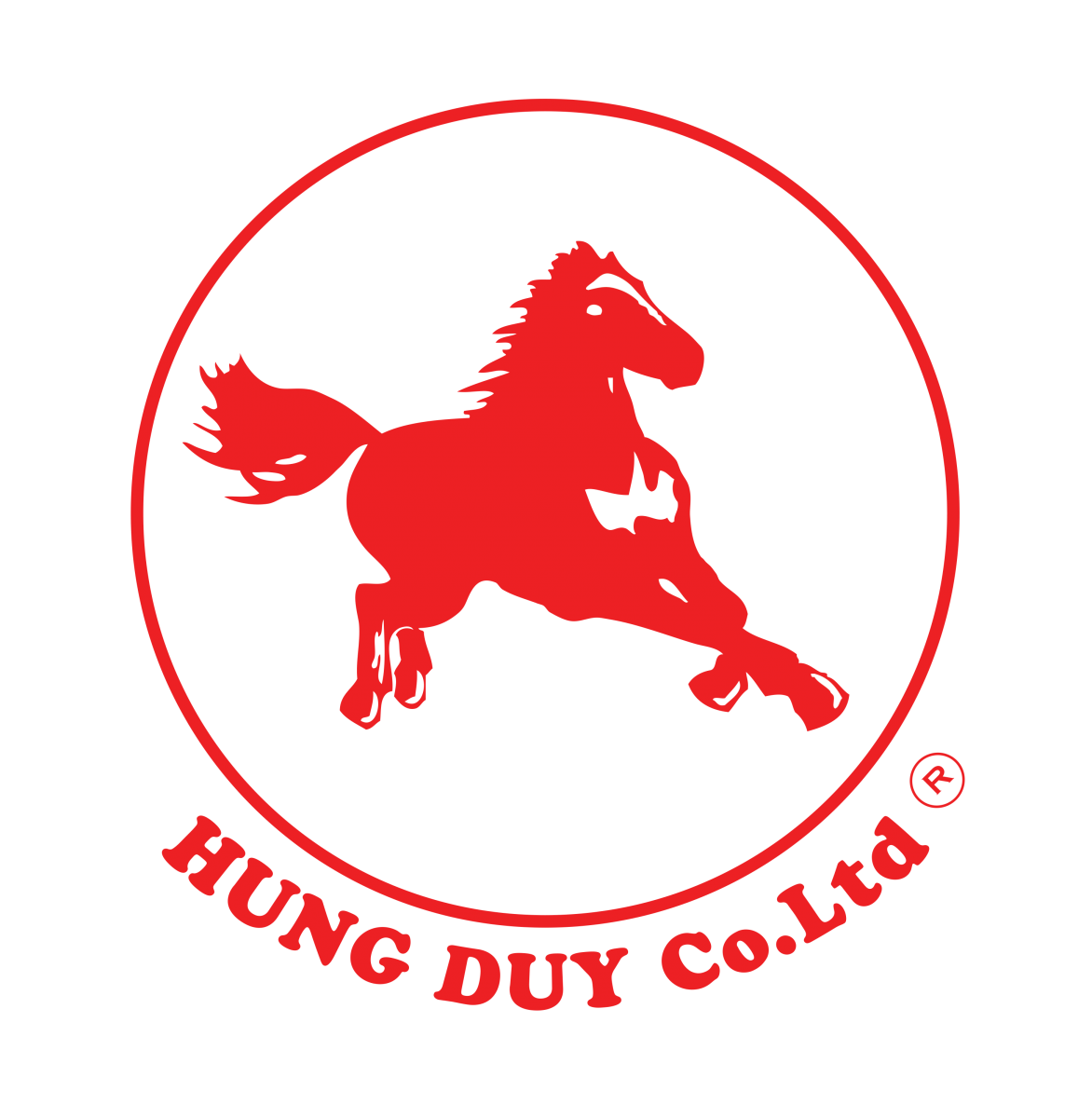
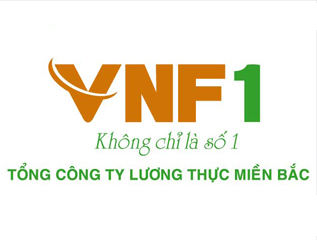


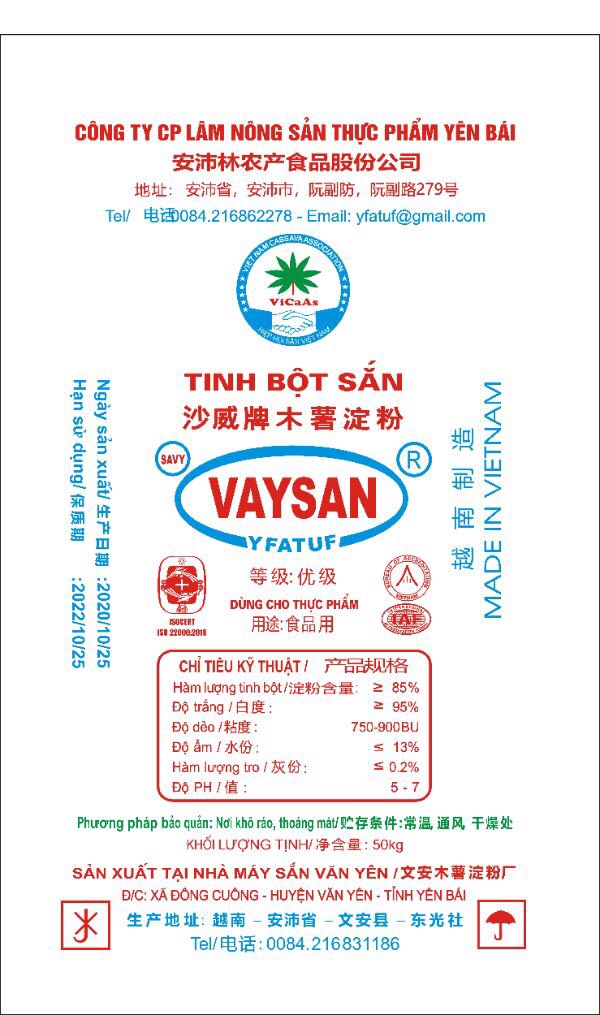
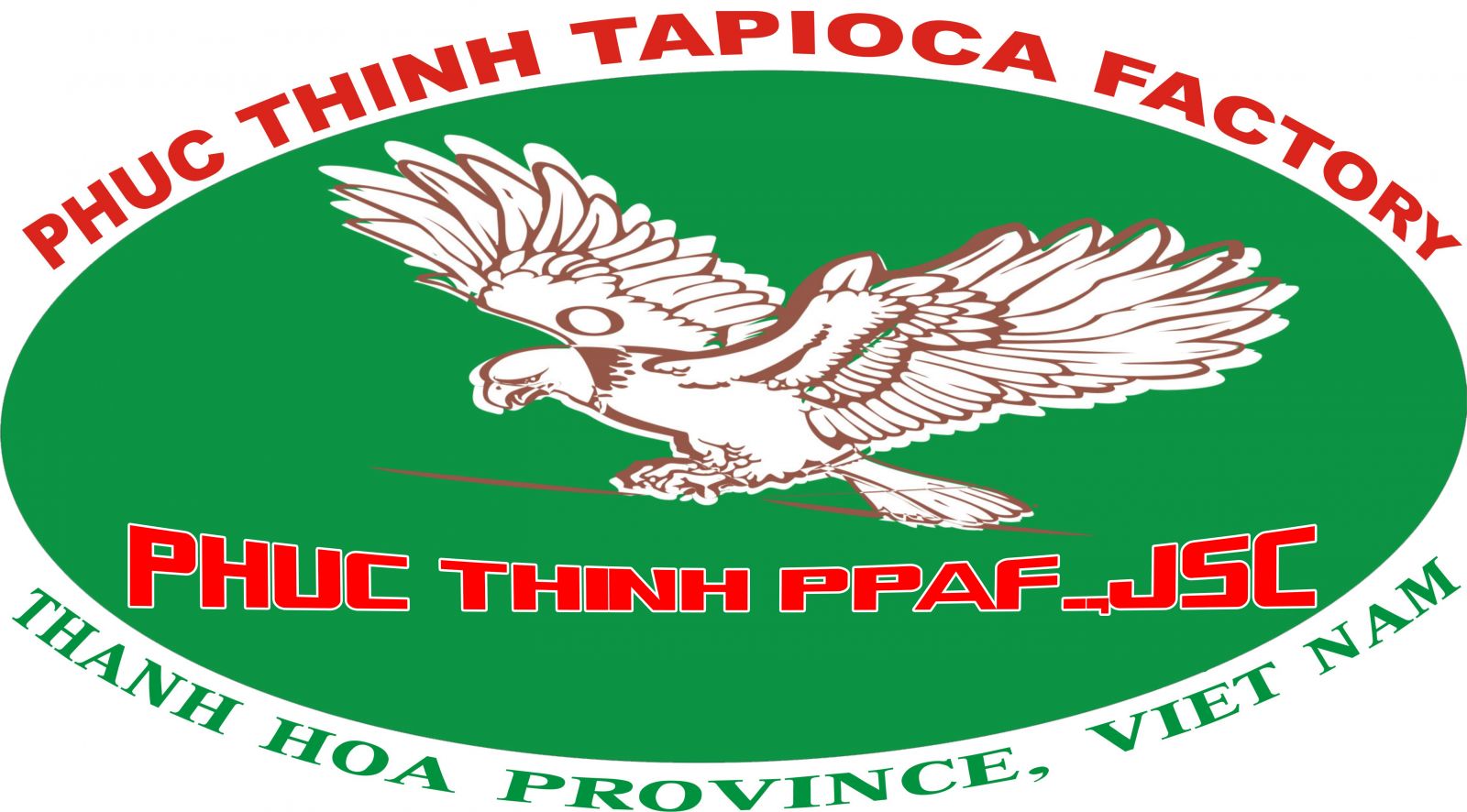
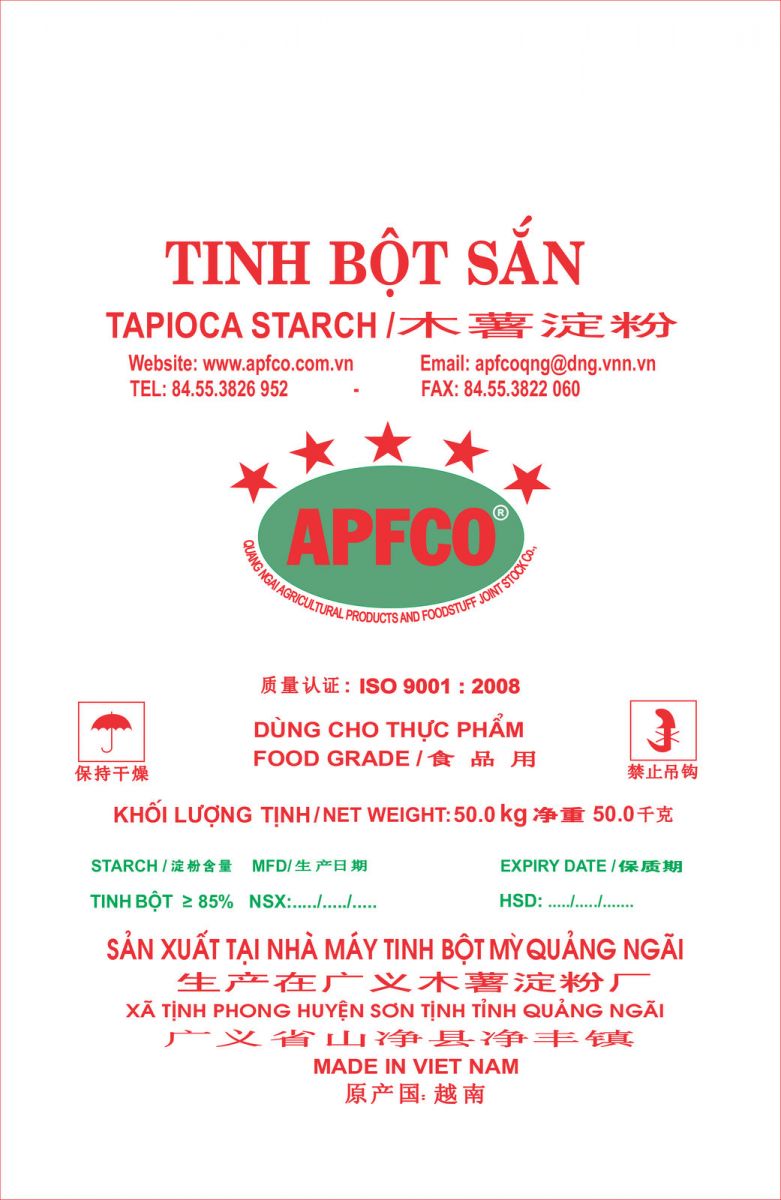
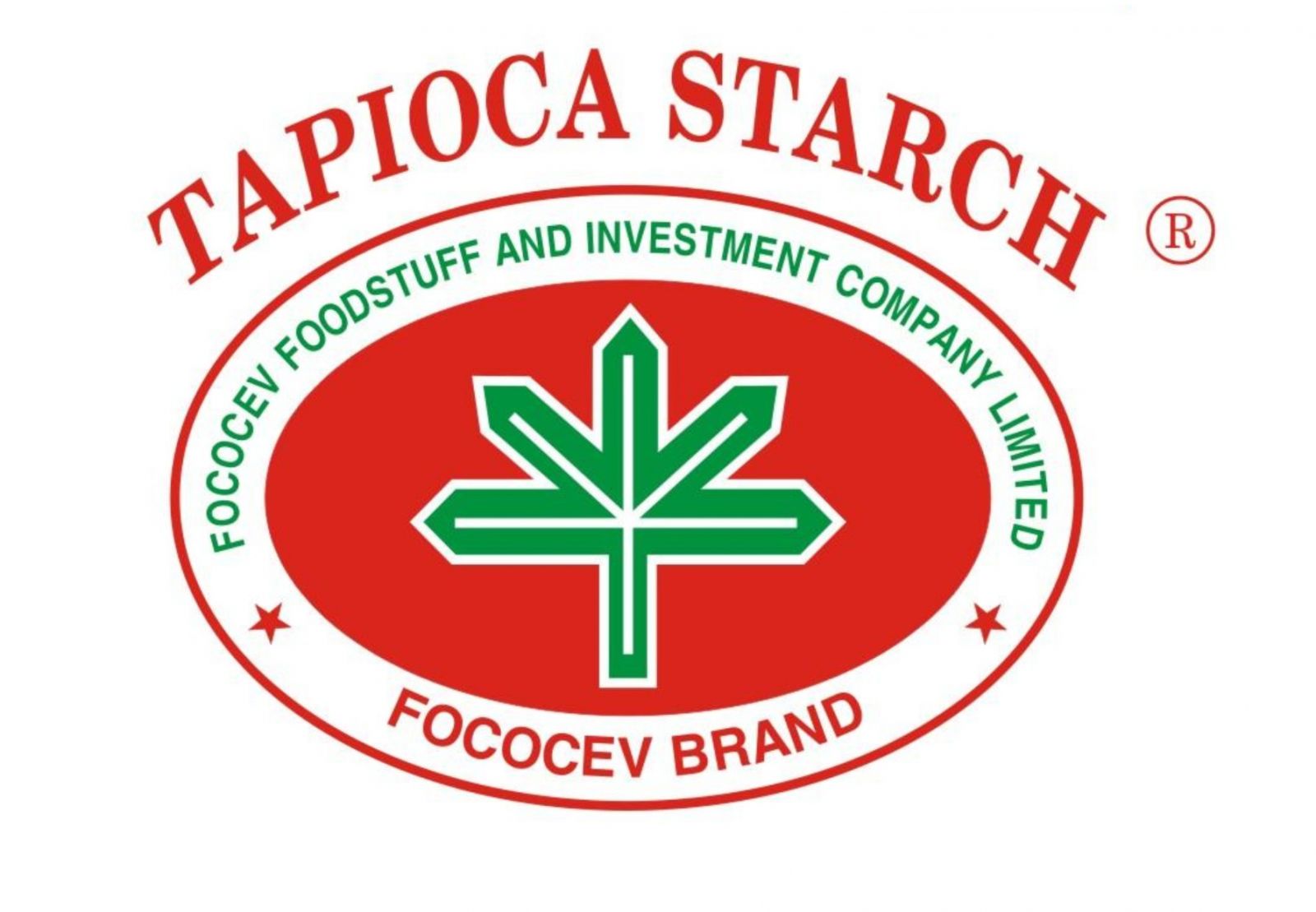
.jpg)
